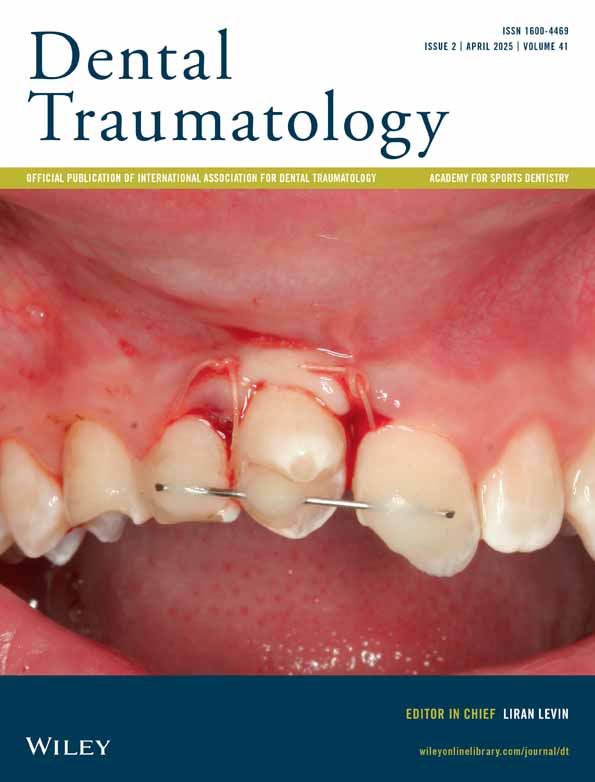Evaluation of validity and reliability of AI Chatbots as public sources of information on dental trauma
Funding: The authors received no specific funding for this work.
ABSTRACT
Aim
This study aimed to assess the validity and reliability of AI chatbots, including Bing, ChatGPT 3.5, Google Gemini, and Claude AI, in addressing frequently asked questions (FAQs) related to dental trauma.
Methodology
A set of 30 FAQs was initially formulated by collecting responses from four AI chatbots. A panel comprising expert endodontists and maxillofacial surgeons then refined these to a final selection of 20 questions. Each question was entered into each chatbot three times, generating a total of 240 responses. These responses were evaluated using the Global Quality Score (GQS) on a 5-point Likert scale (5: strongly agree; 4: agree; 3: neutral; 2: disagree; 1: strongly disagree). Any disagreements in scoring were resolved through evidence-based discussions. The validity of the responses was determined by categorizing them as valid or invalid based on two thresholds: a low threshold (scores of ≥ 4 for all three responses) and a high threshold (scores of 5 for all three responses). A chi-squared test was used to compare the validity of the responses between the chatbots. Cronbach's alpha was calculated to assess the reliability by evaluating the consistency of repeated responses from each chatbot.
Conclusion
The results indicate that the Claude AI chatbot demonstrated superior validity and reliability compared to ChatGPT and Google Gemini, whereas Bing was found to be less reliable. These findings underscore the need for authorities to establish strict guidelines to ensure the accuracy of medical information provided by AI chatbots.
Conflicts of Interest
The authors declare no conflicts of interest.
Open Research
Data Availability Statement
The data that supports the findings of this study are available in the Data S1 of this article.




